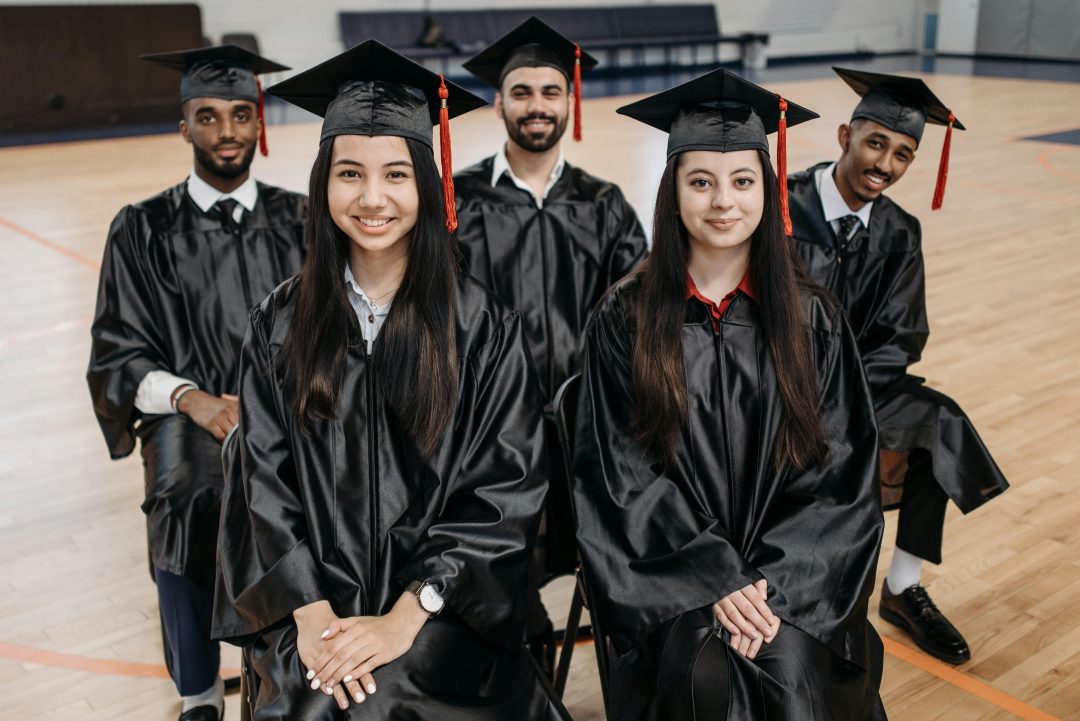Picture By: Pavel Danilyuk
In the ever-changing landscape of education, pursuing excellence in classrooms is a collective endeavour encompassing academic excellence and holistic student development. To unveil the secrets of successful learning environments, let’s explore critical elements that educators can implement to meet the diverse needs of their students.
Begin with a curriculum designed to spark student interest and connect with real-world experiences. Align lessons with academic standards while infusing practical applications and real-life scenarios. Cultivate a passion for learning by making the curriculum an exciting gateway to knowledge.
Recognize and cater to diverse learning styles and preferences. Implement personalized learning approaches that allow students to progress at their own pace, explore topics of interest, and engage with materials personally. Foster a sense of ownership and motivation, paving the way for sustained academic success.
Establish clear expectations and maintain a positive, inclusive atmosphere. Implement proactive behaviour management strategies that create a safe and respectful learning environment. A well-managed classroom sets the foundation for effective learning and active student engagement.
Leverage technology as a powerful tool to enhance the learning experience. Incorporate digital tools and resources to make lessons more engaging. Equip students with essential digital skills for the future, embracing the benefits of technology in education.
Recognize the connection between academic success and social-emotional well-being. Prioritize the development of social and emotional skills, fostering empathy, self-awareness, and effective communication. Create a supportive environment where students feel valued, heard, and prepared to navigate interpersonal relationships.
Equipped with knowledge, teachers can adapt their strategies to meet the evolving needs of students, contributing significantly to classroom success. Stay current on the latest pedagogical approaches, technological advancements, and educational research. How do they align with your pedagogical practice? Which aspects can you adopt, adapt, or discard? Consistent review of pedagogical practices empowers the educator to effectively and responsively meet students where they are to guide them to success.
Action Items for Educators:
Curriculum Innovation: Review and enhance your curriculum to include practical applications and real-world relevance. Seek opportunities for cross-disciplinary connections to make learning more engaging.
Proactive Classroom Management: Establish clear expectations for behaviour and create a positive classroom culture. Implement proactive strategies to address potential challenges and develop an environment conducive to learning.
Technology Integration Workshop: Familiarize yourself with educational technology tools and explore ways to integrate them into your lessons. Attend workshops or sharing sessions/events at your school to enhance your digital teaching skills.
SEL Integration in Lesson Plans: Infuse social and emotional learning into your lesson plans. Incorporate activities that promote empathy, self-awareness, and critical communication skills among students and their learning community.
Continuous Professional Learning Plan: Create a personalized professional development plan. Attend workshops, webinars, or learning opportunities that support you in staying current on the latest education trends. Collaborate with colleagues to share insights and strategies.
By implementing these action items, educators can contribute to cultivating excellence in classrooms in a way that supports students’ overall well-being and growth.

